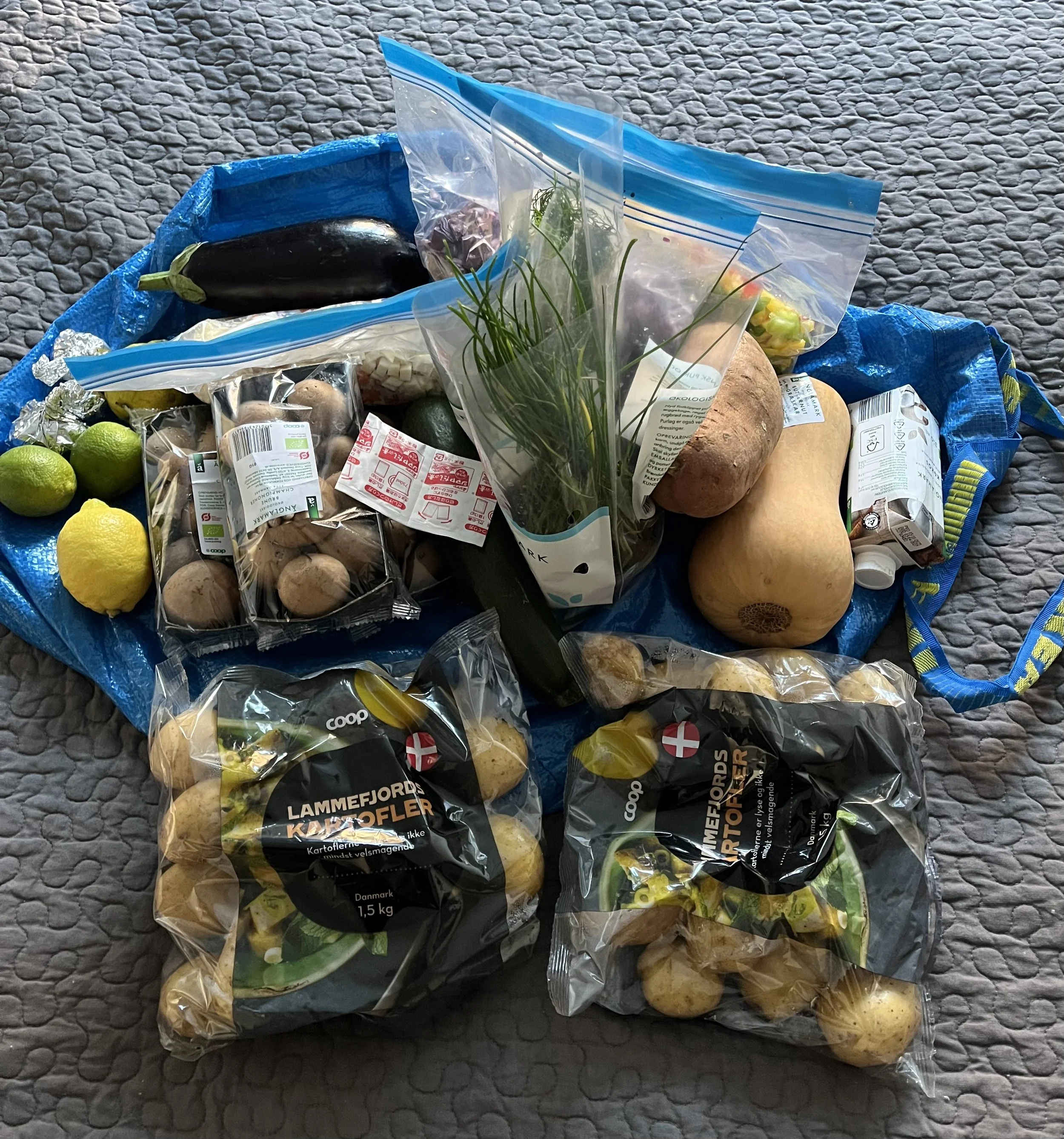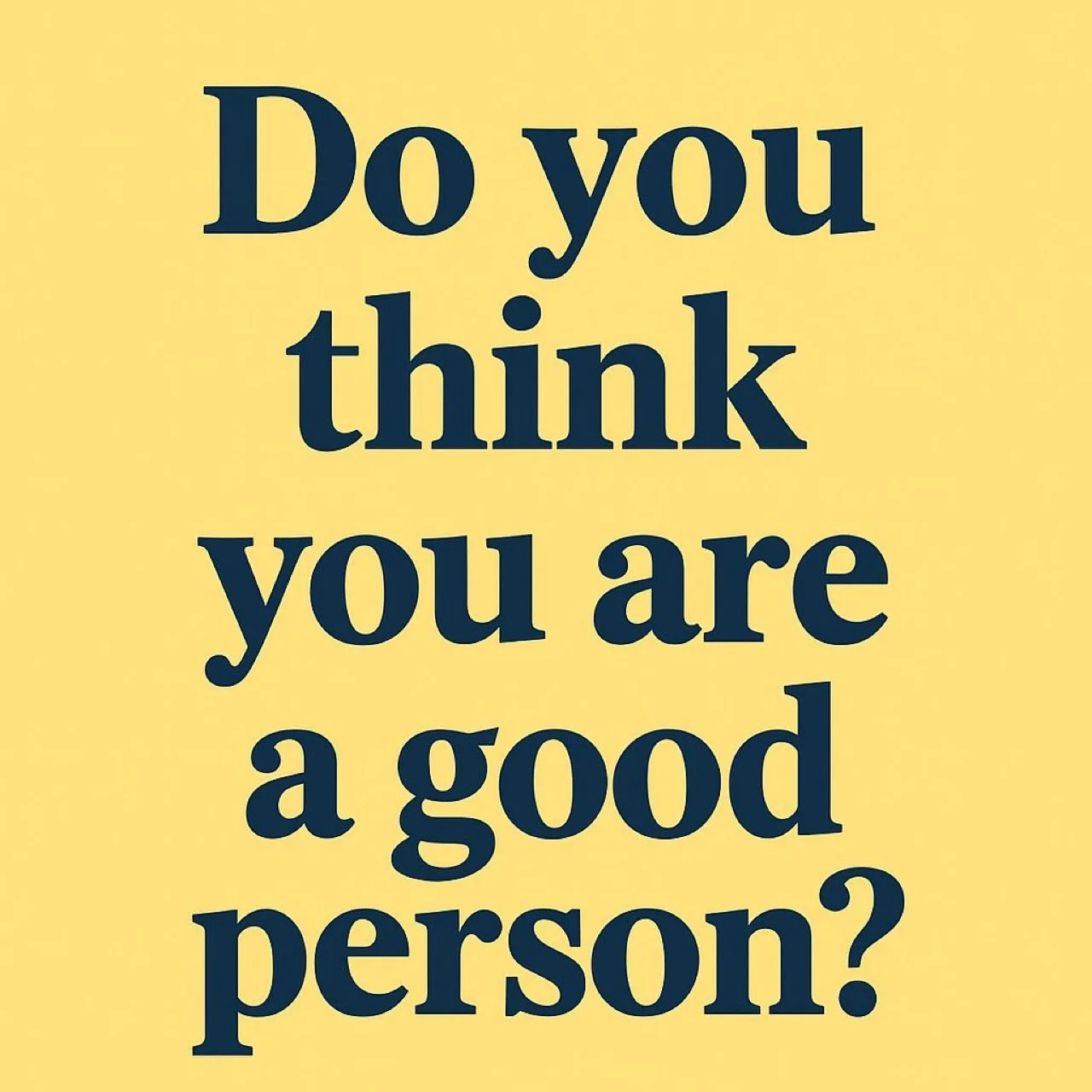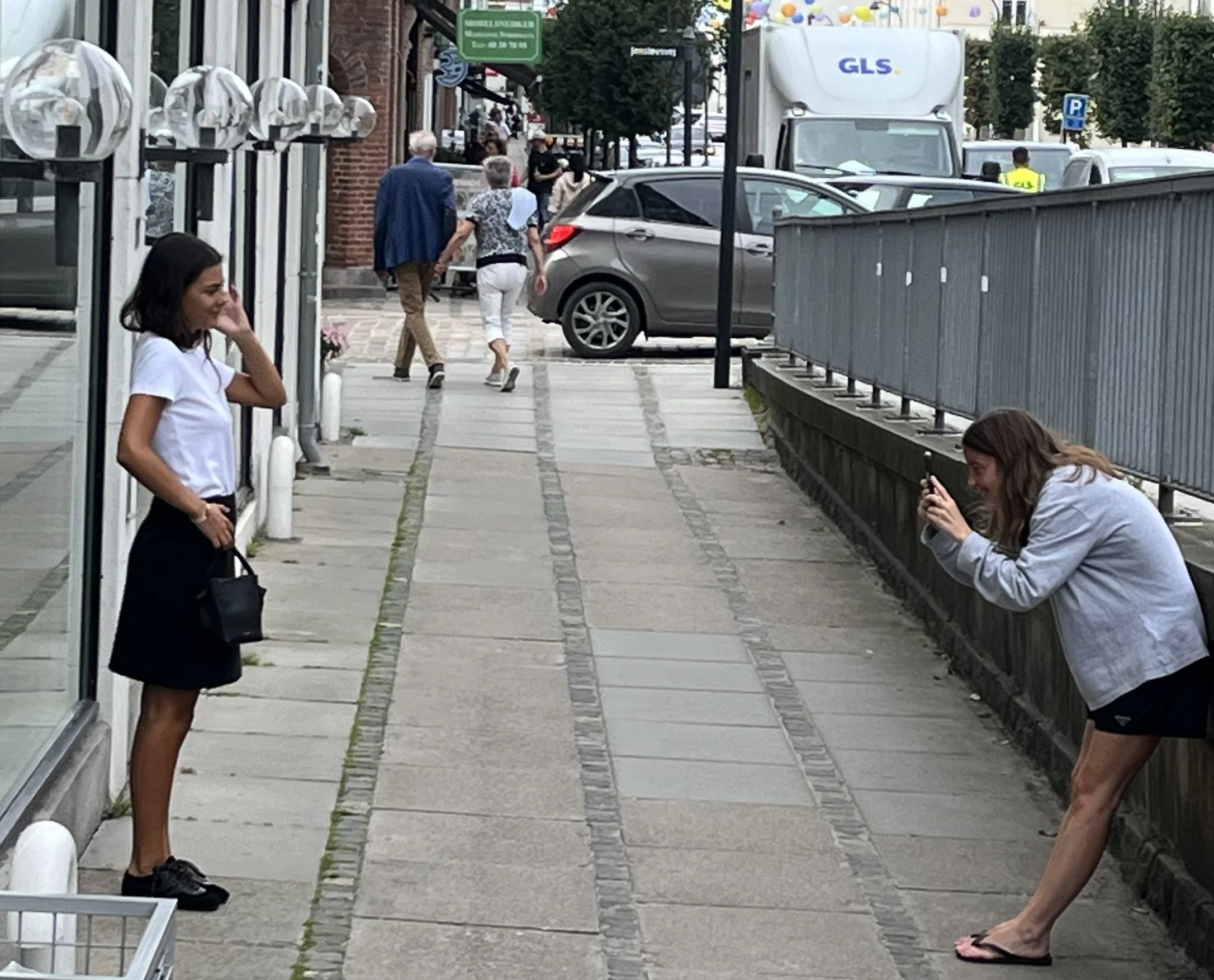A brand inspires trust because when you have a strong reputation, you have something to lose by cutting corners or selling a poor product. There is always some uncertainty in any transaction, but buying from someone with a good reputation reduces that risk. There is a feedback loop at play too. If a brand lets people down, word spreads, trust erodes, and that reputation can be damaged through bad experiences or negative talk.
““Understanding that behavioural economics is a rebranding of psychology which allows you to have conversations about psychology to people who wouldn’t be happy talking about psychology.””





















